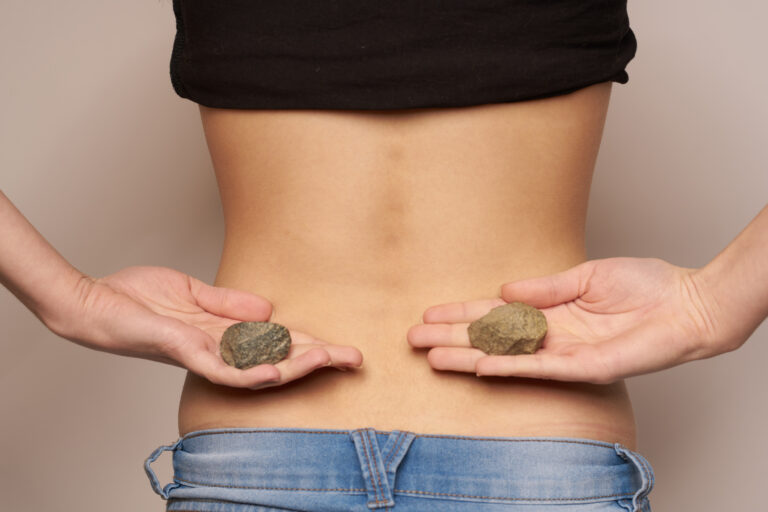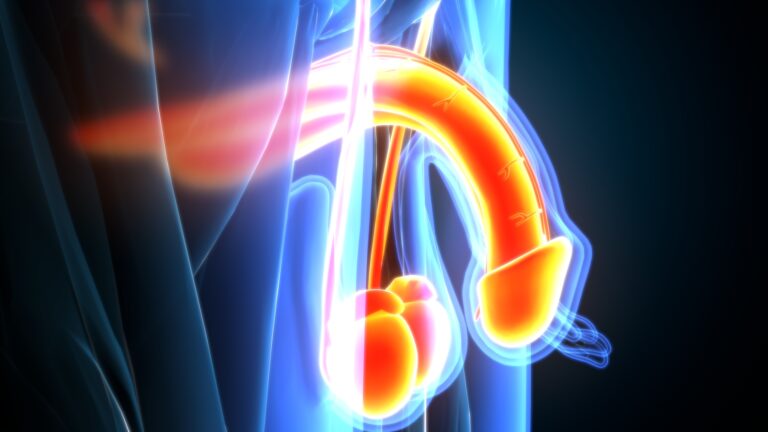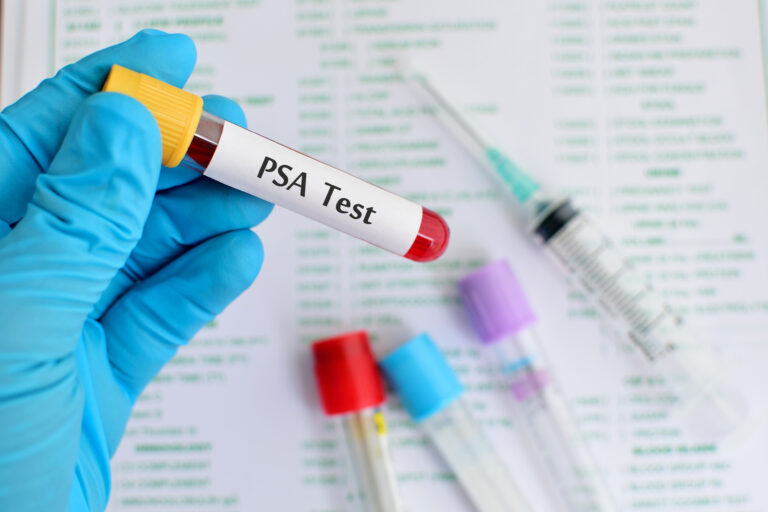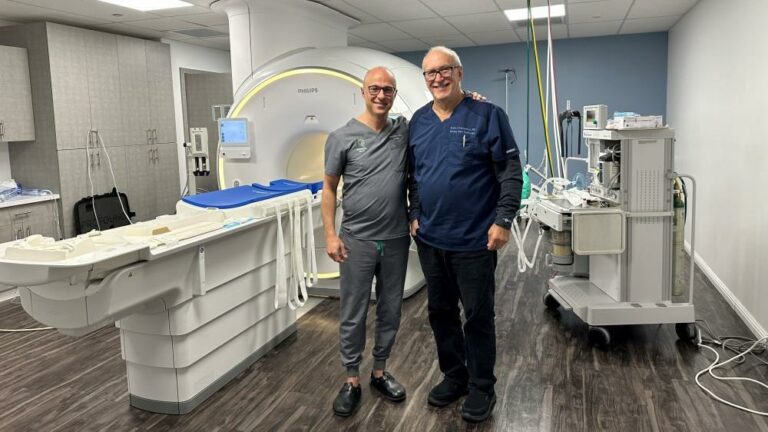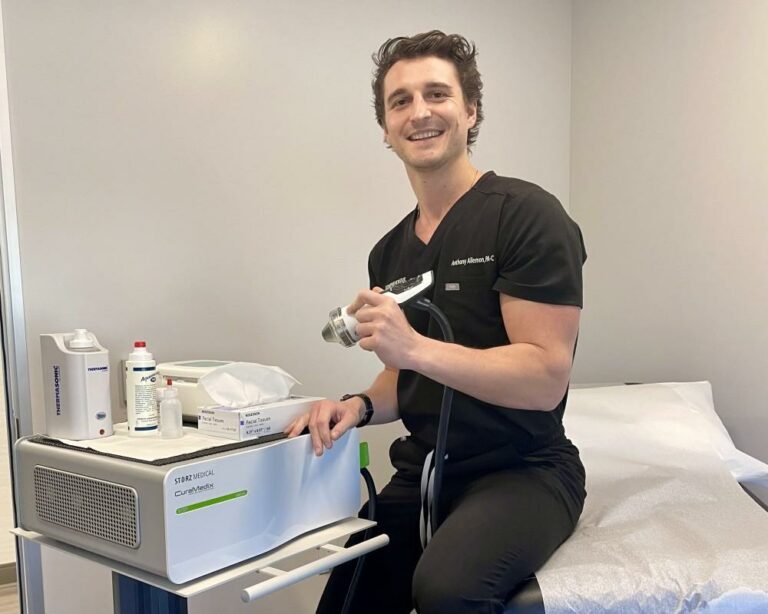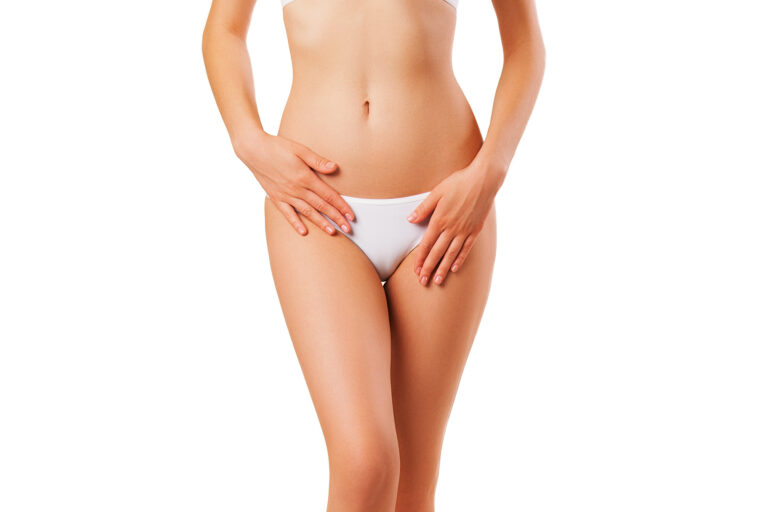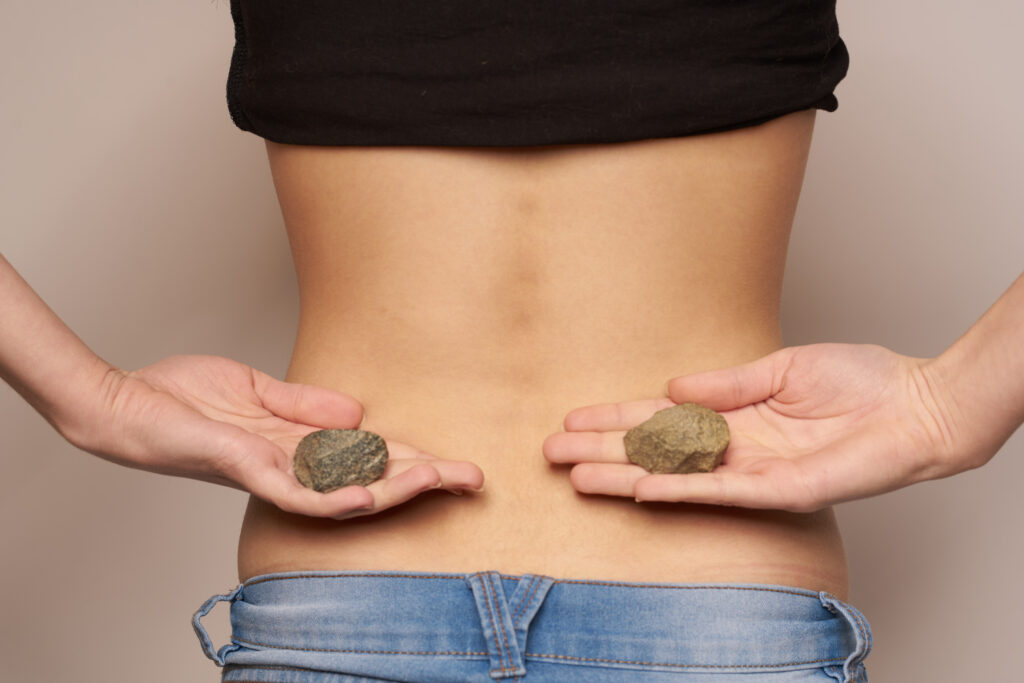
Passing kidney stones is one of the most painful experiences that my patients experience here at Comprehensive Urology in Beverly Hills, Los Angeles. As a board-certified urologist, I’ve heard it all when it comes to the best ways to pass kidney stones as quickly as possible. I’m here to share with you what actually works when passing kidney stones so you don’t end up in the emergency room.
Have a stone? Contact us today.
Table of contents
- Understanding Kidney Stones
- Kidney Stones Symptoms
- Kidney Stones Treatment
- When to See a Urologist for Kidney Stones
- Importance of Hydration
- Dietary Changes to Pass Kidney Stones
- Physical Activity
- Medical Treatments
- Frequently Asked Questions
- What are some effective ways to pass a kidney stone quickly?
- What are some natural remedies for kidney stones?
- How can I relieve the pain of passing a kidney stone?
- What are some common symptoms of passing a kidney stone?
- What is the best position to be in when passing a kidney stone?
- Can lemon juice really help dissolve kidney stones?

Written by Dr. Kia Michel, a board certified urologist, surgeon, and founding member of Comprehensive Urology in Beverly Hills, Los Angeles. Dr. Michel’s expertise includes focal therapy (HIFU/TULSA), prostate cancer treatment, robotic surgery, and male enhancement treatments such as Shockwave Therapy for ED and penile injections.
Understanding Kidney Stones
About 10% of adults will experience a kidney stone in their lifetime. So it doesn’t surprise me that patients scour the internet for “how to pass a kidney stone in 24 hours” or “how to pass kidney stones naturally”. They naturally want to avoid the ordeal of passing a kidney stone being prolonged longer than necessary. While it is possible to pass a kidney stone at home, larger kidney stones may require medical intervention to break the stone into smaller, more passable pieces.
Rather than avoiding a urologist, it’s recommended that you confirm that your lower back pain is being caused by kidney stones and not another more serious conditions like kidney cancer. It can also help you to know the options in the event a stubborn stone just won’t pass through you in a day.
What are Kidney Stones?
Kidney stones are hard, mineral deposits that form inside the kidneys and can cause severe pain when passing through the urinary tract. The stones are made up of various substances, including calcium, oxalate, and uric acid which are all consumed in our diet.
Bladder Stones VS Kidney Stones
Both bladder stones and kidney stones are made of of the same chunks of minerals such as calcium, oxalate, uric acid and other components. However kidney stones originate in the kidneys before eventually being urinated out of the body while bladder stones form in the bladder before being expelled in the urine. Both bladder stones and kidney stones can be painful and cause blockages that lead to urinary tract infections, however bladder stone never travel upwards to the kidneys.
Kidney Stone Formation
The top 10 factors for kidney stone formation are:
- Diets rich in salt, animal proteins, and sugar (especially fructose and high fructose corn syrup)
- Dehydration
- Genetics
- Living in Warm Climates where dehydration is more likely
- Lifestyle Habits like over-exercising or not exercising enough
- Obesity
- Certain medical conditions, such as having gout, hyperparathyroidism, chronic diarrhea, IBS
- Excessive use of laxatives
- Some medications for the treatment of Depression and migraines
- Having Gastric Bypass Surgery
Kidney Stones Symptoms
Symptoms of kidney stones may include severe pain in the back, side, or lower abdomen, nausea and vomiting, and pain or burning during urination. In some cases, small kidney stones pass on their own, but larger painful kidney stones require medical intervention. Doing so will save you the prolonged agony of trying to do it without a urologist’s help.
Kidney Stones Treatment
Effective kidney stones treatments include:
- Prescription medication,
- Shock Wave Lithotripsy (ESWL)
- Surgical removal
- Drinking plenty of fluids along with diluted apple cider vinegar for small stones
Prevention of kidney stones is key. Making lifestyle changes such as increasing water intake and reducing sodium, fructose, and animal protein consumption can help reduce the risk of developing kidney stones. Some studies suggest that consuming a small amount of apple cider vinegar each day can prevent kidney stone formation. Green tea and beans may also help prevent kidney stones.
Let me guide your through how to expedite the process when passing kidney stones.
When to See a Urologist for Kidney Stones
If you suspect that you have a kidney stone, it is important to see a urologist as soon as possible. A urologist is a medical specialist who is trained to diagnose and treat problems related to the urinary tract and male reproductive system. They can help you determine the best course of action for your specific situation.
Some common signs that you may need to see a urologist for kidney stones include:
Severe pain in your side or back that does not go away
Blood in your urine
Difficulty urinating
Fever and chills
If you experience any of these symptoms, it is important to seek medical attention right away. Your urologist can perform a physical exam, review your medical history, and order tests to determine the size and location of your kidney stone.
In some cases, your urologist may recommend that you undergo a procedure to remove the stone. This may include shock wave lithotripsy, ureteroscopy, or percutaneous nephrolithotomy. These procedures are typically done on an outpatient basis and have a high success rate.
If you have a history of kidney stones or are at a higher risk for developing them, your urologist may also recommend lifestyle changes to help prevent future stones from forming. This may include drinking plenty of water, avoiding certain foods, and taking medication to prevent the formation of new stones. Let’s review the all the factors that can help you pass kidney stones as fast as possible.
Importance of Hydration
When it comes to passing a kidney stone, staying hydrated is crucial. Drinking enough fluids helps to flush out the stone and prevent it from getting stuck in the urinary tract, which can lead to severe pain and complications.
You won’t to drink at least 3 quarts (about ten 10-ounce glasses) of liquid a day can help prevent repeat stones. However, the amount of liquid you need to drink may vary depending on the weather and your activity level. If you live, work, or exercise in hot weather, you may need more liquid to replace the fluid lost through sweat. The right amount of urine to be passing should be enough to fill at least an empty 2 liter bottle of soda per day.
It’s essential to drink water regularly throughout the day, even if you don’t feel thirsty. If you have trouble drinking enough water, try adding a slice of lemon or lime to your water or drinking herbal tea. You can also eat foods with high water content, such as watermelon, cucumbers, and celery.
It’s important to note that not all fluids are created equal when it comes to kidney stone prevention. Sugary drinks and alcohol can increase your risk of developing kidney stones, so it’s best to avoid them or limit their consumption.
Dietary Changes to Pass Kidney Stones
Making dietary changes can help prevent kidney stones from forming and help pass them more easily. Here are some dietary changes that we recommend:
Drink plenty of water: Drinking enough water is essential to help flush out the kidney stones. Aim to drink at least 2.5 liters of water per day.
Reduce sodium intake: Eating too much sodium can increase the amount of calcium in your urine, which can lead to the formation of kidney stones. Try to limit your sodium intake to 2,300 milligrams per day.
Eat calcium-rich foods: Contrary to popular belief, eating calcium-rich foods can actually help prevent kidney stones. Calcium binds with oxalate in the intestines, preventing it from being absorbed into the bloodstream. Good sources of calcium include low-fat or fat-free milk products, calcium-fortified foods, and leafy green vegetables.
Limit oxalate-rich foods: Oxalate is a substance that can bind with calcium to form kidney stones. Foods that are high in oxalate include spinach, rhubarb, beets, nuts, chocolate, and tea. Limiting your intake of these foods can help prevent kidney stones.
Eat more plant-based foods: Plant-based foods are rich in fiber, which can help prevent kidney stones. Good sources of plant-based foods include fruits, vegetables, whole grains, and legumes.
Reduce animal protein intake: Eating too much animal protein can increase the amount of uric acid in your urine, which can lead to the formation of kidney stones. Try to limit your intake of animal protein to 6 ounces per day.
Physical Activity
Physical activity can help move a kidney stone through the urinary tract. However, it is essential to be cautious and not overexert yourself, as this can cause more pain and discomfort. Here are some tips for exercising with a kidney stone:
Drink plenty of water before, during, and after exercise to stay hydrated. Dehydration can make passing a kidney stone more difficult and painful.
Avoid high-impact exercises, such as running or jumping, as they can jar the body and cause more pain. Instead, opt for low-impact exercises such as walking or cycling.
Consider doing exercises that target the lower back and abdomen, such as yoga or Pilates. These exercises can help strengthen the muscles in the area and promote kidney stone passage.
If you experience severe pain during exercise, stop immediately and rest. It is essential to listen to your body and not push yourself too hard.
Remember, physical activity should be done in moderation and in consultation with your healthcare provider. If you are unsure about what exercises are safe for you, speak with your doctor before starting any new exercise routine.
Can Apple Cider Vinegar Treat Kidney Stones?
Apple Cider vinegar can help you to dissolve stones if you drink it dilutes in room temperature water for faster absorption. It has been found in studies to prevent the formation of kidney stones which has also been found in beans and green tea. It may sound like an myth, but the home remedy of apple cider vinegar can react with some of the minerals that make up the kidney stone which could potentially break it apart. That being said, relying on apple cider vinegar to break apart larger kidney stones without medical help can lead to a UTI from blocking the flow of urine and could prolong the length of the painful process. Vinegar shouldn’t be used as a substitute for quality medical care.
Medical Treatments
If you are experiencing severe pain or your kidney stone has not passed within 24 hours, medical treatment may be necessary. There are several options available, including over-the-counter medication, prescription medication, and shockwave therapy.
Over-The-Counter Medication
Over-the-counter pain relievers, such as ibuprofen (Advil) or acetaminophen (Tylenol), can help manage pain associated with passing a kidney stone. However, it is important to follow the recommended dosage and not exceed the maximum daily limit to avoid potential side effects.
Prescription Medication
If over-the-counter medication is not effective, your urologist may prescribe stronger pain medication or medication to help relax the ureter muscles and facilitate the passage of the stone. Alpha-blockers, such as tamsulosin (Flomax), are commonly prescribed for this purpose.
Shockwave Therapy for Kidney Stones – Extracorporeal Shock Wave Lithotripsy (ESWL)
Shockwave therapy, also known as extracorporeal shock wave lithotripsy (ESWL), uses high-energy shock waves to break up kidney stones into smaller pieces that can pass more easily. This non-invasive procedure is typically performed on an outpatient basis and may require multiple sessions depending on the size and location of the stone. Extracorporeal shock wave lithotripsy (ESWL) is a different form of treatment that low intensity shockwave therapy for ED in that the latter uses much less energy and is used on the surface of the body.
It is important to note that while medical treatment can be effective in passing a kidney stone, it may not be necessary for all cases. It is always best to consult with a healthcare provider to determine the most appropriate course of action.
Frequently Asked Questions
What are some effective ways to pass a kidney stone quickly?
You can pass kidney stones more quickly by drinking plenty of water and fluids to help flush out the stone. Taking pain medication such as ibuprofen or acetaminophen can help manage the pain. In some cases, medications called alpha-blockers can help relax the muscles in the ureter, making it easier for the stone to pass. Moving around gently can help keep the blood flowing in your system and minimize inflammation.
What are some natural remedies for kidney stones?
Some natural remedies that may help pass a kidney stone include drinking plenty of water and fluids, drinking diluted apple cider vinegar, consuming foods high in citric acid such as lemons and oranges, and taking herbal supplements such as nettle leaf. These home remedies shouldn’t be used in place of medical care, rather they are best utilized as a supporting agents.
How can I relieve the pain of passing a kidney stone?
There are several ways to relieve the pain of passing a kidney stone. Over-the-counter pain medications such as ibuprofen or acetaminophen can help manage the pain. Applying heat to the affected area or taking a warm bath can also help alleviate discomfort. In some cases, prescription pain medications may be necessary.
What are some common symptoms of passing a kidney stone?
Common symptoms of passing a kidney stone include sharp pain in the back, side, or lower abdomen, pain during urination, frequent urination, nausea and vomiting, and blood in the urine. If you experience any of these symptoms, it is important to seek medical attention.
What is the best position to be in when passing a kidney stone?
The best position to be in when passing a kidney stone may vary depending on the individual. Some people find that sitting in a warm bath or using a heating pad can help alleviate discomfort. Others may find relief by lying on their side with their knees bent. It is important to find a position that is comfortable and helps manage pain.
Can lemon juice really help dissolve kidney stones?
There is some evidence to suggest that consuming lemon juice or other citrus fruits high in citric acid may help prevent the formation of kidney stones and even dissolve small stones. However, it is important to consult with a healthcare provider before trying any natural remedies, as some may interact with medications or have negative side effects.
Sometimes our male patients who are already undergoing a medical procedure like surgery for spermatocele, varicocle or hydrocele choose to also try a cosmetic procedure such as Scrotox to smooth out the wrinkles of the scrotum, scrotoplasty to address low hanging testicles, or penile injections to enhance girth. Schedule your appointment today to explore the options.
